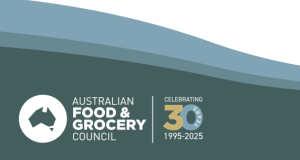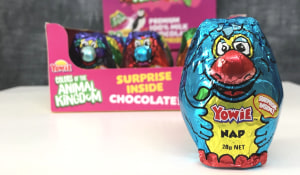The third edition of The Macallan’s annual Harmony Collection has been released, a series that highlights sustainable practices through innovative packaging techniques that feature natural materials.
The Harmony Collection III Amber Meadow is a limited edition collaboration between Stella and Mary McCartney, which celebrates Scotland's verdant landscape and the sisters' fond childhood memories.
Their first joint project takes its name from the amber fields of their family farm, and the packaging features discarded meadow cuttings, to represent The Macallan's close ties to the land.
The Macallan Whisky Mastery Team drew inspiration from the natural grasslands of Scotland to craft this whisky, maturing it in oak casks seasoned with sherry and bourbon, to lend notes of oak, orange, lemon, and green tea, with a sweet, rich finish.
The company stated that this partnership reflects the mutual values of creativity and reverence for nature.
“Sustainability has been a constant guiding principle since we began crafting our single malt whisky in harmony with the beautiful nature that surrounds The Macallan Estate in 1824,” it said.
The presentation box also features photography by Mary McCartney, of The Macallan Estate.
The 700mL Macallan Harmony III Amber Meadow Single Malt Whisky ABV 44.2% is available to purchase now at Dan Murphy’s, Barrel and Batch and assorted liquor stores for RRP $350.00.





